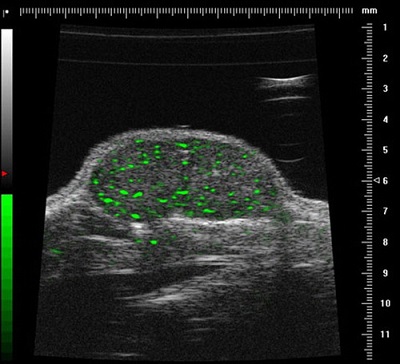New Delhi, (Asian independent) The ultrasound contrast agents (microbubbles) market is driven by their role in enhancing diagnostic capabilities and revolutionising treatment methods, according to a report on Tuesday.
The report from GlobalData, a data and analytics company, showed that the demand for microbubbles will stem from the growing preference for non-invasive procedures, personalised medicine, and innovations in imaging technology — especially in cardiology, oncology, and neurology, where precise imaging is critical for accurate diagnosis and treatment monitoring.
“Ultrasound imaging is experiencing rapid growth due to its non-ionizing nature, portability, and cost-effectiveness. Its real-time imaging capabilities are useful for preventive screening and monitor changes over time, and with minimal risks and increased accessibility it is the preferred choice for various medical applications,” said Ashley Clarke, Medical Analyst at GlobalData, in a statement.
There is an increasing demand for personalised medicine, where treatments are tailored to patients based on their unique characteristics.
For microbubbles, this translates to the development of sophisticated agents that can target specific tissues or biomarkers, allowing for more precise and effective diagnosis and treatment monitoring.
“Microbubbles can encapsulate a variety of molecules, including small drug molecules, antibodies, nucleic acids, and viruses. Additionally, their surface can be modified to change how they interact with cells in the body. These two characteristics can allow for customizable, targeted delivery of a wide range of therapeutic agents. However, they often have low circulation time in the bloodstream, which limits their effectiveness,” Clarke said.
Innovative research will need to explore formulations and manufacturing techniques to improve ultrasound contrast agent stability while further enhancing their imaging capabilities. In the future, collaboration between pharmaceutical companies, research institutions, and medical device manufacturers may be the key to facilitating the accelerated development and commercialisation of advanced ultrasound contrast agents, by sharing resources and expertise.
“The future of microbubbles appears promising in imaging and targeted drug delivery. As trends in personalised medicine and preventative healthcare continue to unfold, we can anticipate that ultrasound imaging, and the usage of ultrasound microbubble contrast agents, will become an even more powerful and versatile tool for medical diagnostics and patient care,” Clarke said.








